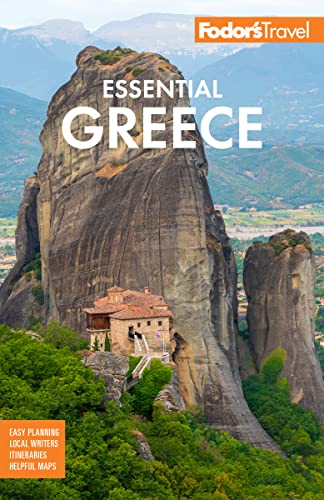The Laconian plain is surrounded on three sides by mountains and on one side by the sea. Perhaps it was the fear that enemies could descend those mountains at any time that drove the Spartans to make Laconia their training ground, where they developed the finest fighting force in ancient Greece. A mighty power that controlled three-fifths of the Peloponnese, Sparta contributed to the Greek victory in the Second Persian War (5th century BC). Ultimately, Sparta's aggressiveness and jealousy of Athens brought about the Peloponnesian War, which drained the city's resources but left the Spartans victorious. The Greek world found Sparta to be an even harsher master than Athens, and this fact may have led to losses in in 222–221 BC at the hands of the Achaean League, who liberated all areas Sparta had conquered. A second period of prosperity under the Romans ended with the barbarian invasions in the 3rd century AD, and Sparta declined rapidly.
Laconia can also claim two important magnificently medieval sites: Mystras and Monemvasia. The former was an intellectual and political center, the latter a sea fortress meant to ward off invaders from the east.




